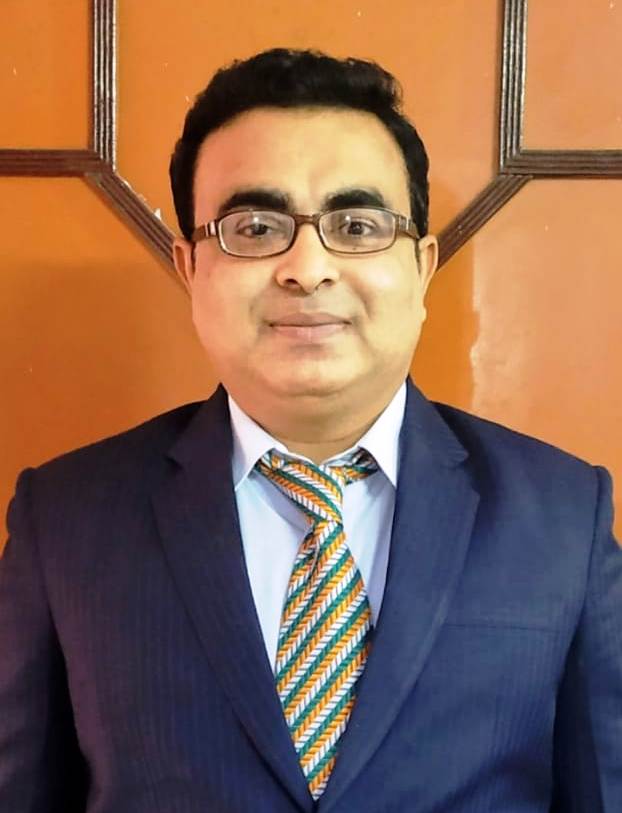
Name: Dr. Pankaj Kumar Gupta
Speciality: Neurologist
Qualification: MBBS, MD - General Medicine, DM - Neurology
Experience: 21 + Years
Email: pankajniw04@gmail.com
Mobile: 7906889328
Registration No: 045596

Name: Dr. Pankaj Kumar Gupta
Speciality: Neurologist
Qualification: MBBS, MD - General Medicine, DM - Neurology
Experience: 21 + Years
Email: pankajniw04@gmail.com
Mobile: 7906889328
Registration No: 045596
Even with today's technology, the exact cause of back and neck pain is difficult to determine. In most cases, back and neck pain may have many different causes, including any of the following: Overuse, strenuous activity, or improper use, such as repetitive or heavy lifting.
Epilepsy is a central nervous system (neurological) disorder in which brain activity becomes abnormal, causing seizures or periods of unusual behavior, sensations and sometimes loss of awareness. Anyone can develop epilepsy. Epilepsy affects both males and females of all races.
Neuromuscular disorders include a wide-range of diseases affecting the peripheral nervous system, which consists of all the motor and sensory nerves that connect the brain and spinal cord to the rest of the body. Progressive muscle weakness is the predominant condition of these disorders.
Parkinson's disease is a brain disorder that causes unintended or uncontrollable movements, such as shaking, stiffness, and difficulty with balance and coordination. Symptoms usually begin gradually and worsen over time. As the disease progresses, people may have difficulty walking and talking.
Headaches are a very common condition that most people will experience many times during their lives. The main symptom of a headache is a pain in your head or face. This can be throbbing, constant, sharp or dull. Headaches can be treated with medication, stress management and biofeedback.
Spinal cord disorders can originate from either outside or inside the spinal cord. Damage from the outside of the cord is caused by compression of the spinal cord or injury. The spinal cord may be compressed due to a bone fracture, spinal degeneration, or abnormalities, such as a hematoma, tumor.
Best Neurologist in Gwalior. Highly Recommended.